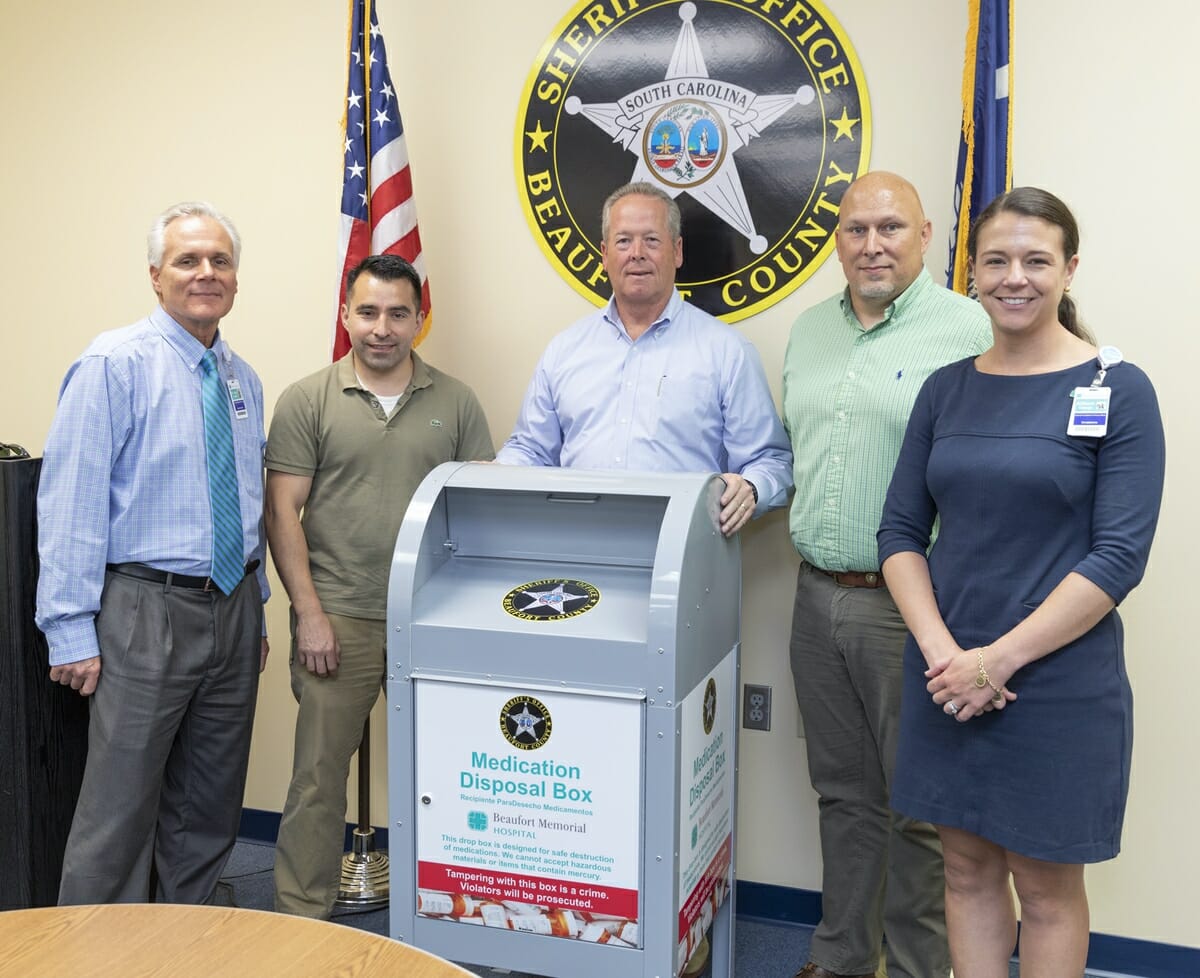By Bill Rauch
The 2017 tax cut sure sounded good. But come to find out — as is so often the case — there are a couple of glitches.
One big one — our state income taxes are calculated off of our federal income taxes, and because of the new federal tax bill, South Carolinians will pay $180 million to $200 million more this year in state income taxes.
Here’s what hurts: Our state lawmakers were apprised of this news in February so they had ample time to fix the problem, but they didn’t manage to do so. Since the state is the recipient of the six-figure windfall, one naturally wonders how hard they tried. This was classic Columbia.
To kick off the effort to address what appeared to be an unintended consequence of the new federal tax law, the South Carolina House of Representatives went down several roads concurrently, none of which resulted in a bill for the governor’s signature.
The route favored by the House Speaker — and the one that would seem the simplest — addressed only the conformity issue.
What’s “conformity”? As suggested above, South Carolina and five other states still use federal taxable income as the basis for what income taxpayers owe the state. This method is called “conformity” because the state tax system conforms to the federal tax law. But it creates a professional tax-preparer’s dream because every tax benefit the feds give must be reviewed up or down by the state. Some are approved while others are declined, and those determinations are reflected on our federal tax returns.
On top of that, the state gives its own tax breaks that provide other write-downs. The more tax breaks lawmakers give the smaller the tax base, and thus the higher the taxes of those who don’t get the breaks. Tax-preparers get paid a lot to keep track of all this. So do lobbyists. Most other states use the simpler adjusted gross income as that starting point.
Advocates of the Flat Tax understandably say both systems are overly and unnecessarily complicated. Addressing conformity would have addressed the $180M to $200M issue, but other legislators wanted to go further, using the conformity issue as a jumping off point from which to fix some of the other known inequities in the current state tax system.
Here’s where the initiative jumped the rails and got so complicated it couldn’t be addressed in a single session. Inequities? It happens the Palmetto Promise Institute issued a good report last week that details some of the big ones. But they were not secrets.
Here’s a glimpse:
According the Palmetto Promise Institute’s chief economist, Dr. Rebecca Gunnlaugsson, 41 percent of South Carolinians are in the highest tax bracket (7 percent) while 42 percent of South Carolinians who file tax returns pay nothing. The 7 percent bracket is the highest in the Southeast (Georgia and Kentucky are at 6 percent, Virginia at 5.75, North Carolina at 5.49, Alabama and Mississippi at 5, and Florida and Tennessee at 0), and the threshold to get into it is set ridiculously low — those who have incomes of $14,650 or more pay the top rate. The effect, according to The Tax Foundation, is that South Carolina is 43rd of the 50 states in per capita income, but what the state is collecting in state income taxes ranks 31st. The Palmetto Promise’s report goes on to say because of the state’s “60+ legislatively-created credits and deductions that totaled over $890M in 2014, and they grow each year” (in addition to the many exclusions that have been created by Congress) many are paying way too much and many are paying way too little.
Suffice it to say, besides fixing conformity, when the inequities are lumped in the lawmakers have their hands full.
Setting these wrongs right will no doubt take a while, plenty long enough for the lawmakers (who are also the budget-writers) to get used to spending the $180M to $200M windfall.
Bill Rauch was the mayor of Beaufort from 1999-2008. Email Bill at TheRauchReport@gmail.com.





